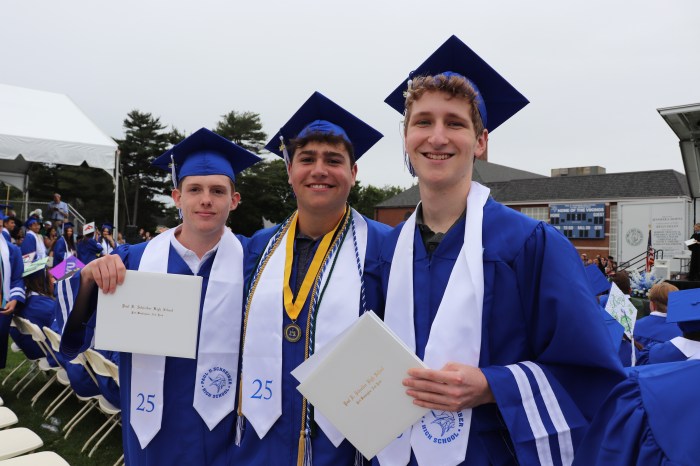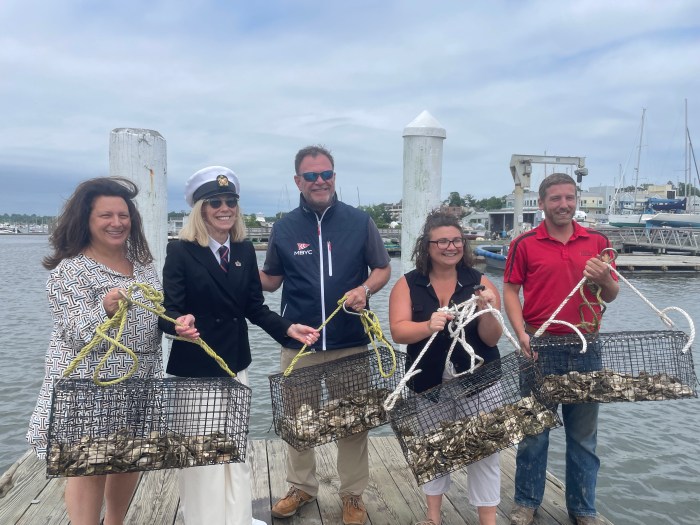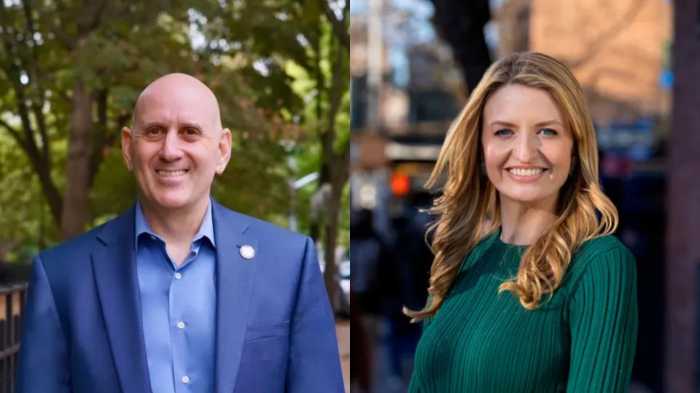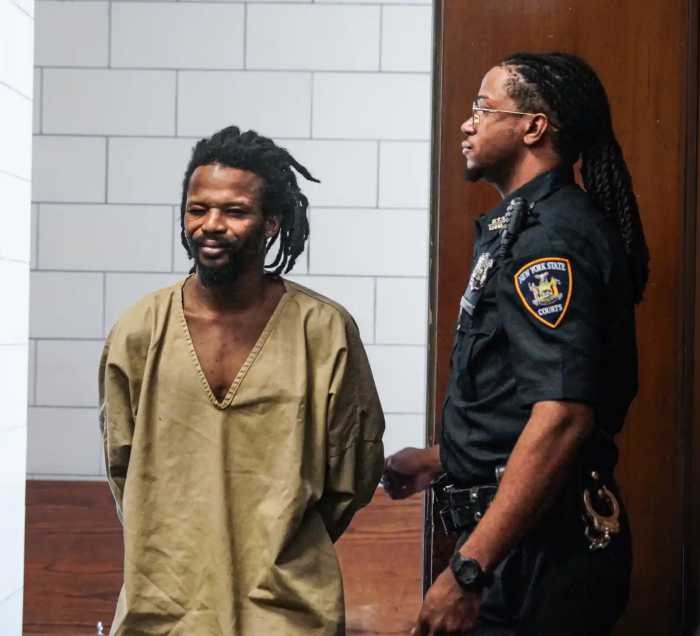
As we mourn the death of former NBA Commissioner David Stern, we look back at his successful career, accomplishments and failures. We have heard numerous tributes to Stern throughout the basketball community, most notably his effort to globalize the game, increase franchise values and player salaries.
For a man described as a “tyrant,” his most endearing characteristic was the immediate connection he bestowed on those he met and the resonance he left you with. It’s clear that no matter if you knew him your whole life or just met him once, he made a lasting impression on you, including myself. Everyone has a Stern story.
In the fall of 2016, I had recently transferred to Marist College and had no idea what I wanted to do with the rest of my life, never mind what I was going to study. In December 2016, I was invited, with a group of students from the Marist Center for Sports Communication, to sit in the audience of a David Stern interview on the Sports Business Radio podcast with Brian Berger.
The audience could ask questions during a Q&A session of the podcast, and I decided to ask Stern the one thing he never gave a concrete answer for: the nixed Chris Paul trade to the Los Angeles Lakers from the New Orleans Hornets in a three-team trade with the Houston Rockets from five years prior.
My legs shaking and palms sweating, I grabbed the microphone and asked Stern, “You talked a little bit about the NBA ownership of the New Orleans franchise. The biggest decision you had was the cancellation of the Chris Paul trade to the Los Angeles Lakers—”
He cut me off, as Stern is known to do. He was intimidating and had the gravitas of a giant, but the question was important—it would be the first time Stern publicly addressed the matter.
“—As we speak, I’m in an argument with somebody that writes for ESPN,” Stern said. I would find out later that the reporter was Marc Stein, formerly of ESPN and current New York Times NBA writer. “I’m going to correct your language. What cancellation?”
Stern was right. My language was wrong. He always had the knack for turning the question back around. There went my only chance to ask him a prudent question—but he kept going.
“The GM [Dell Demps] was not authorized to make that trade, and acting on behalf of owners we decided not to make it,” Stern promptly said as I stood frozen. “I was an owner rep, there was nothing to void, it just never got made. When you’re the commissioner and you have two teams that are ticked off at you as in the Lakers and Houston and their GMs, without wanting to be attributed, spend their time trashing you the wrong impression can be granted. And one of the few times I decided to just go radio silent and just let it play out, I got killed. So the answer is: there was never a trade, it was not approved by me, the owner rep.”
I was still standing when he finished answering, still frozen, so I asked if I could ask another question. He said “sure,” and the audience erupted into laughter to break the tension in the room. I was embarrassed, but went on to ask him about the MLS, a softball question this time.
The next morning, I started getting texts from friends such as “Dude, you’re going viral.” I had no idea what they were referring to. Turns out that Sports Illustrated, Bleacher Report, SB Nation and various other sports media outlets had picked up on Stern’s answer to my question. They were writing stories about it, labeling it as the first time he shed light on what happened.
I was overwhelmed. The feedback I got from professors and fellow classmates was awesome. I started to think this is what I wanted to do for a living, ask questions to important people no-holds-barred.
I quickly switched my major to journalism and just like that, Stern created something he loathed, but needed while building the NBA—another journalist.
—Marco Schaden
































